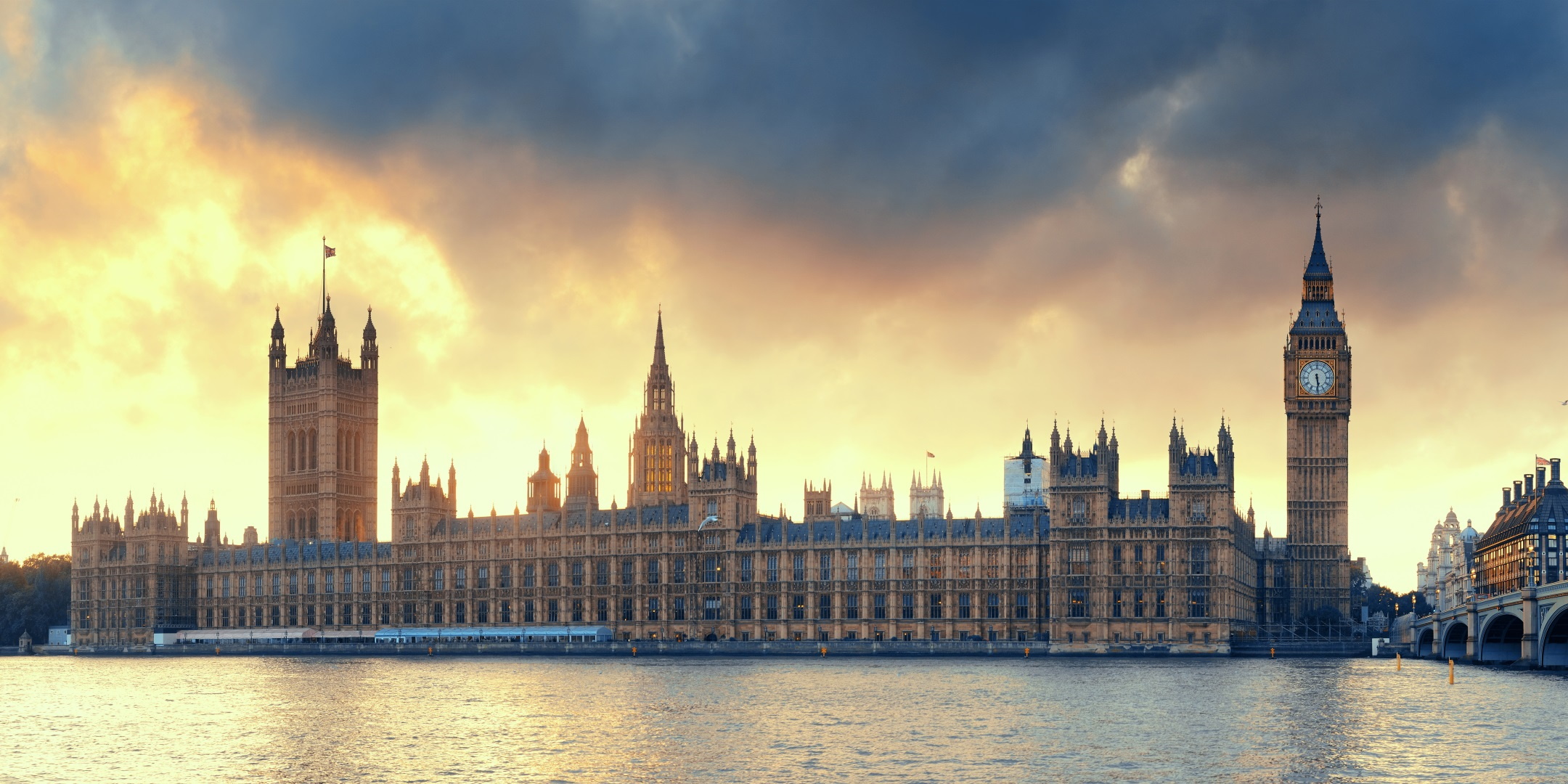 Chloe Smith
Chloe Smith Chloe Smith
Chloe Smith
A lot of constituents have been getting in touch with Chloe concerning matters relating to Brexit, Prorogation of Parliament and the rulings of the various courts in the UK on these matters. As you may be aware, Chloe is still currently on maternity leave, however, she was keen that her constituents are kept up to date as much as possible therefore her office will be taking over providing updates until Chloe returns from maternity leave next month.
As you may be aware, the Government intends to set out a renewed legislative agenda, setting out its vision for the UK after we have left the European Union. In order to usher in a new Parliamentary session, this will require the Monarch to end the current session of Parliament and issue a new legislative agenda as set out in what is known as “the Queen’s Speech”.
There has been a lot of discussion and confusion around this process and wanted to provide a quick update to provide some clarity on this important situation.
First, to provide some context. A parliamentary session is equivalent to the academic year. The session begins when the Queen opens Parliament known as the State Opening of Parliament. It ends with the prorogation, when the Queen’s representatives visit Parliament to announce its end.
Traditionally, this process happens every year. What is unique about this Parliamentary session is that in 2018 there was no Queen’s Speech, to allow the previous Government the scope to focus on the Brexit process.
On 7 May 2019 the current parliamentary session reached a striking landmark. It became the longest session by sitting days since the Long Parliament of 1640 which lasted 20 years.
The new Government formed after Mr. Johnson became Prime Minister is therefore looking to pursue a fresh legislative agenda which requires a new Queen’s Speech. This will set out the Government’s legislative intentions over the next Parliamentary session.
A lot of media attention is being given to the Parliamentary term – prorogation. Prorogation simply marks the end of a parliamentary session. It is the formal name given to the period between the end of a session of Parliament and the State Opening of Parliament that begins the next session. In addition to this, prorogation also occurs before Parliament is dissolved for a General Election.
The Queen formally prorogues Parliament on the advice of the Privy Council (the Government).
Prorogation usually takes the form of an announcement, on behalf of the Queen, read in the House of Lords. As with the State Opening, it is made to both Houses and the Speaker of the House of Commons and MP's attend the Lords chamber to listen to the speech.
Prorogation of Parliament is therefore a natural course of events for any Government seeking to begin a fresh Parliamentary session.
The Prime Minister has asked the Queen to prorogue Parliament from the week beginning 9th September until 14th October when a new Queen’s Speech will begin a new Parliamentary session. The period of prorogation will only take approximately 4 days in which Parliament was due to be sitting so the period of prorogation is actually very limited.
Elected MPs will then be able to vote on the new Queens Speech in October- which if passes will provide the new Government with a fresh legislative authority to continue planning for our future post Brexit and focusing on all the other important issues that are facing our country.
The Prime Minister has outlined his intentions for the upcoming Queen’s Speech which will focus on improving our NHS, helping the Police fight violent crime, more investment in science and infrastructure and cutting taxes for many hardworking families.
You may also have seen that in the news several legal challenges have been filed against the Government’s decision to prorogue Parliament at this time. Cases have been heard in the English High Court of Justice, Scottish Court of Session & the Northern Irish High Court.
Both the English & Northern Irish high courts ruled in favour of the Government, stating the actions of the Government to be proper, whereas the Scottish Court decision ruled against the Government. The matter will be taken to the Supreme Court on Tuesday and we will aim to provide a further update on this matter later next week.
Chloe's office will be providing a weekly update on all matters Brexit, with new blog posts due to go up each Friday, so please ensure you are subscribed to Chloe’s e-newsletter to get regular updates.
When Chloe returns from maternity leave, she will continue her work for Norwich North in Parliament to support the Government in delivering on the 2016 referendum in a way which sees more good jobs and investment for us here in Norwich.